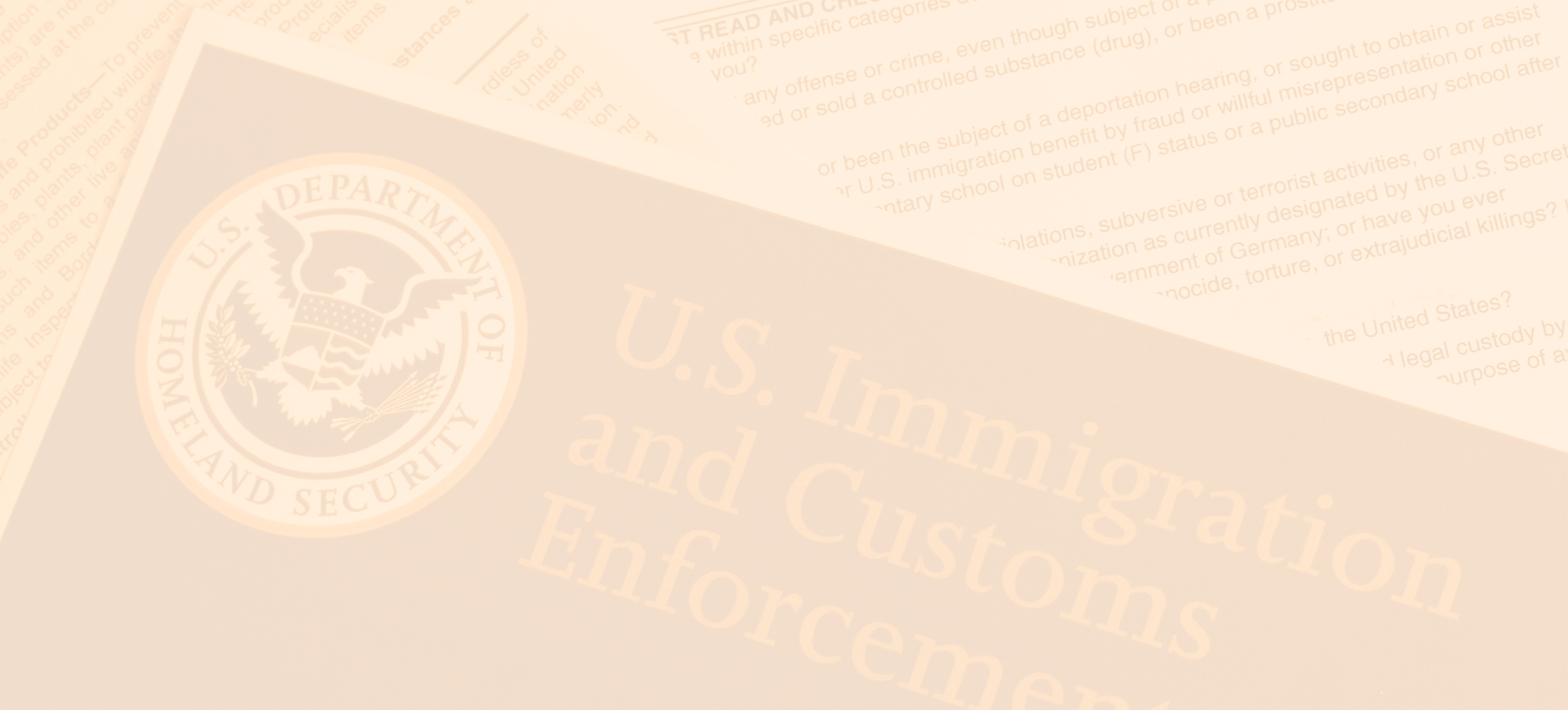Are You Already a Permanent Resident and in Deportation Court? You Have Options. Cancellation of Removal for Lawful Permanent Residents is One.
What is Cancellation of Removal for a Lawful Permanent Resident?
Section 240A(a) of the Immigration & Nationality Act allows the Attorney General (usually an Immigration Judge or the Board of Immigration Appeals) to “cancel” the removal, or deportation, of a lawful permanent resident from the U.S. if the person has:
- been an LPR for a minimum of five years (calculated from first day of becoming a lawful permanent resident);
- resided continuously in the U.S. for a minimum of seven years after being admitted to the U.S. in any status (prior to the institution of removal proceedings);
- not been convicted of an aggravated felony; and
- is not inadmissible from the U.S. on security grounds.
Certain individuals are do not qualify for cancellation of removal, including:
- Certain crewmen;
- Exchange visitors (in “J” status) who received medical training in the U.S.;
- Persons who have persecuted others;
- Persons who have previously been granted cancellation of removal, suspension of deportation or relief under §212(c); and
- Persons who committed certain criminal offenses prior to the accrual of the required seven years.
In addition to demonstrating the above elements, the Deportation Defense Team at Norris McLaughlin must show that the alien warrants an “exercise of favorable discretion.” The Immigration Court, when reviewing discretion, considers the life of the individual in its entirety, and balances the adverse (negative) factors evidencing the alien’s undesirability as a permanent resident with the social and humane considerations presented in his favor to determine whether a grant of relief would be in the best interest of this country (the good factors). There is no threshold requirement that the applicant show unusual or outstanding equities; rather the Court weighs the favorable and adverse factors to balance the “totality of the evidence” before reaching a conclusion as to whether the alien warrants a grant of cancellation of removal in the exercise of discretion. If the individual’s misconduct is serious, then there may be given substantial weight to that conduct.
Positive factors that an Immigration Court considers include, but are not limited to, family ties in the United States, residence of long duration in this country, evidence of hardship to the applicant and his family if removal occurs, a history of employment, existence of property or business ties, proof of genuine rehabilitation if a criminal record exists, and other evidence attesting to the applicant’s good moral character. Negative factors considered include the nature and underlying circumstances of the removal ground at issue and any other evidence that could be indicative of an applicant’s bad character or undesirability as a permanent resident of this country.
Immigration Attorney Raymond Lahoud and the team of attorneys and professionals at Norris McLaughlin have litigated the most complex of Cancellation of Removal cases before Immigration Courts across the United States, without any fear of vigilantly challenging the United States government, at every level, to ensure that the rights of all immigrants are protected.
Do not fight your immigration battle alone. Call us at (484) 544-0022 to schedule a free consultation. In New Jersey, call (908) 821-1868.


